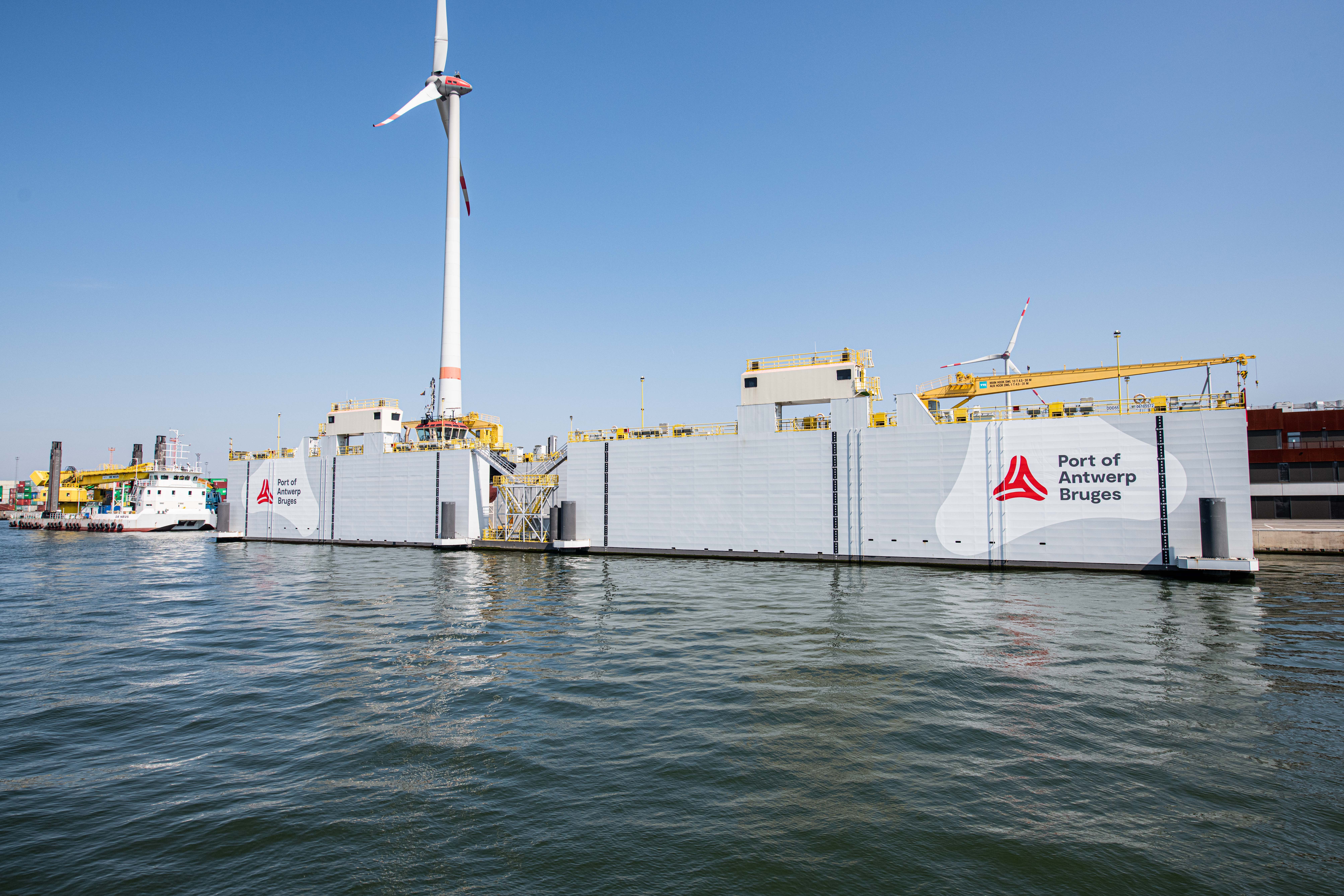Flemish diplomacy: Flanders as a world player in trade, innovation and circular economy

Although Flanders is a small region in the world, it has a very international character. This is not only because Brussels, the capital of Belgium and Flanders, is the second largest diplomatic hub in the world and has the headquarters of the European Union and NATO on its territory. Flanders is also a major player in international trade and innovation and in the circular economy.
According to the KOF Globalisation Index, which measures the economic, social and political dimensions of globalisation, Flanders is one of the most globalised economies in the world. With four airports, four ports, 916 km of motorway and 1607 km of railway, it is one of the main logistical hubs of Western Europe. Moreover, 60 percent of the European consumer market lies within a radius of 500 km.
Large exporter
In absolute figures, Flanders is the 15th largest exporter in the world and exports per capita three times as much as its neighbour Germany. The most important export sectors are chemicals and pharmaceuticals (74.5 billion euro), transport equipment (44 billion euro), mineral products (28.9 billion euro) and plastics (26.4 billion euro).
As a centrally located region, foreign trade is the lifeline of the Flemish economy. Flemish companies exported goods worth 325.1 billion euro in 2019. Flemish imports of foreign goods also reached a record amount of 312.6 billion euro in 2019. The export ratio and the export per capita are among the highest in the world. 71.1% of Flanders' exports go to the European Union. The most important markets for Flemish goods are the neighbouring countries. Flemish exports of goods outside Europe amounted to 75.4 billion euro in 2019.
Important economic role
In short, Flanders plays an important economic role within the European Union and beyond. It is autonomously responsible for the export promotion and guidance of Flemish exporters on and to foreign markets. In order to promote and market Flemish companies and products abroad, Flanders has a network of 97 posts in 76 countries. This network also guides foreign investors to the Flemish market.
The Government of Flanders also wants to put the region on the map in the area of knowledge and innovation. Over the past decades, it has invested in various campaigns to strengthen this focus and adapt it to new economic and international realities. Special attention is being paid to technological innovation, with which Flanders wants to strengthen its position as a reference for innovative technology and as a pioneer of digital transformation.
Pioneering role
In the coming period, Flanders also hopes to play a pioneering role in the field of hydrogen technology. Under the name 'Hydrogen Industry Cluster', companies, research institutions, government bodies and HydrogenNet, the Flemish knowledge centre for hydrogen, are joining forces in pilot projects, studies and project consortia to promote a flourishing ecosystem around this promising technology in Flanders.
Finally, there is 'Flanders Circular', the partnership between government departments, companies, social organisations and the knowledge community with which the Flemish government wants to bring about the necessary change around the circular economy. The transition to a circular economy is an opportunity for Flanders that goes far beyond the expertise built up around recycling and also includes know-how around circular production, circular building and the transition to a sustainable agricultural and food policy. European programmes such as Food 2030 and Horizon Europe form a valuable framework for this work.
On the occasion of the Government of Flanders' annual diplomatic days, which this year take place from 20 to 24 June, Belga puts Flemish diplomacy in the spotlight. It does so by publishing various articles under the heading 'Flemish diplomacy'.
(AHU)
#FlandersNewsService
© BELGA PHOTO JONAS ROOSENS